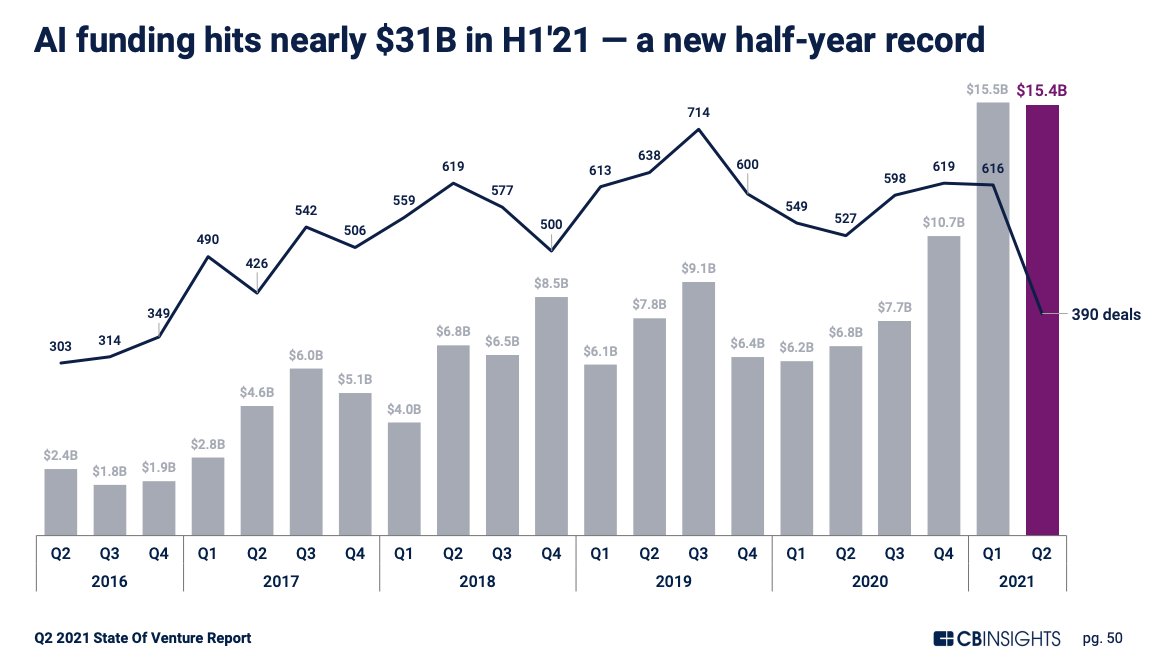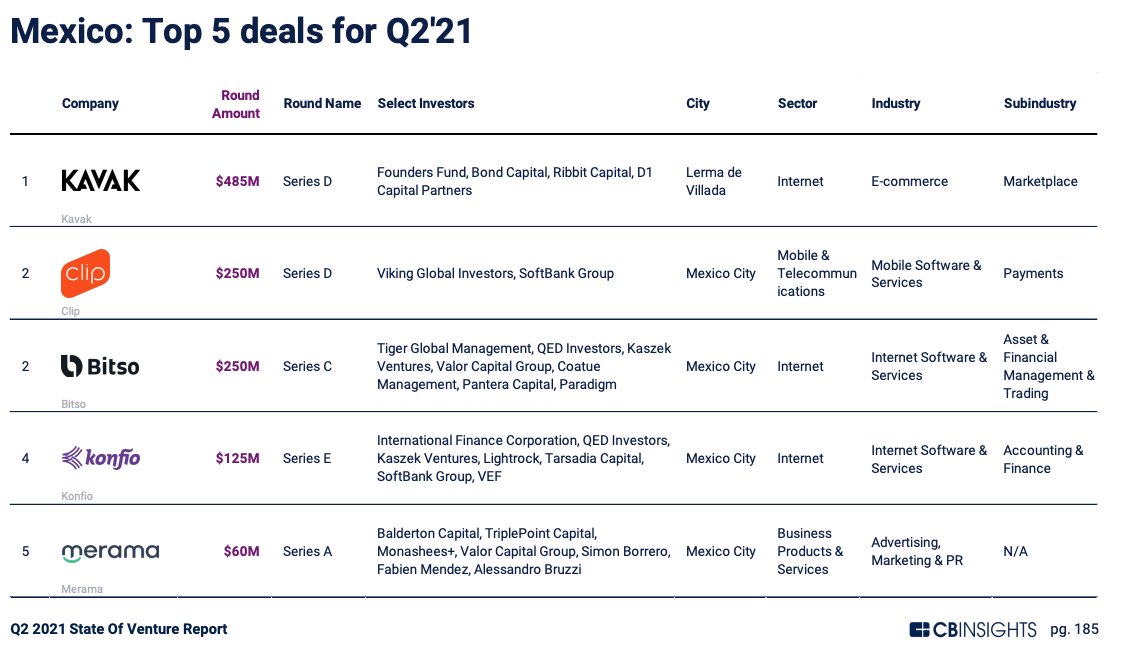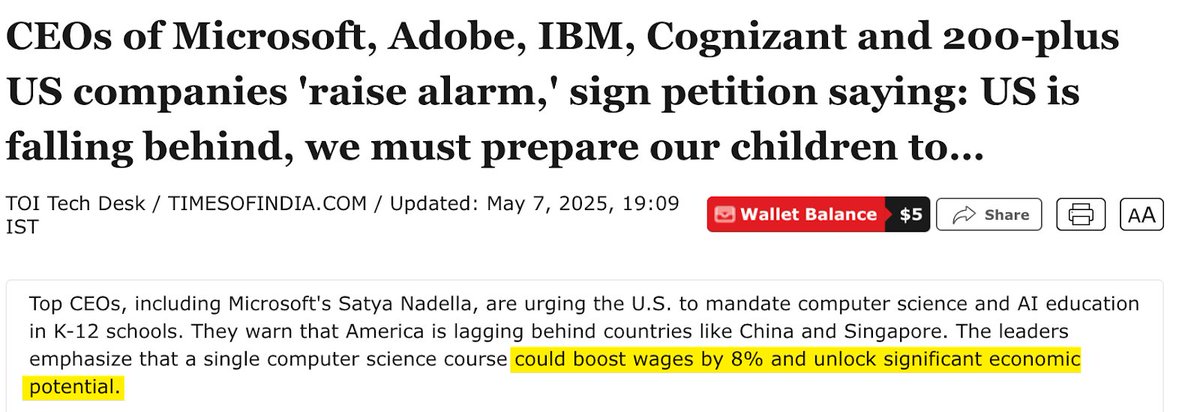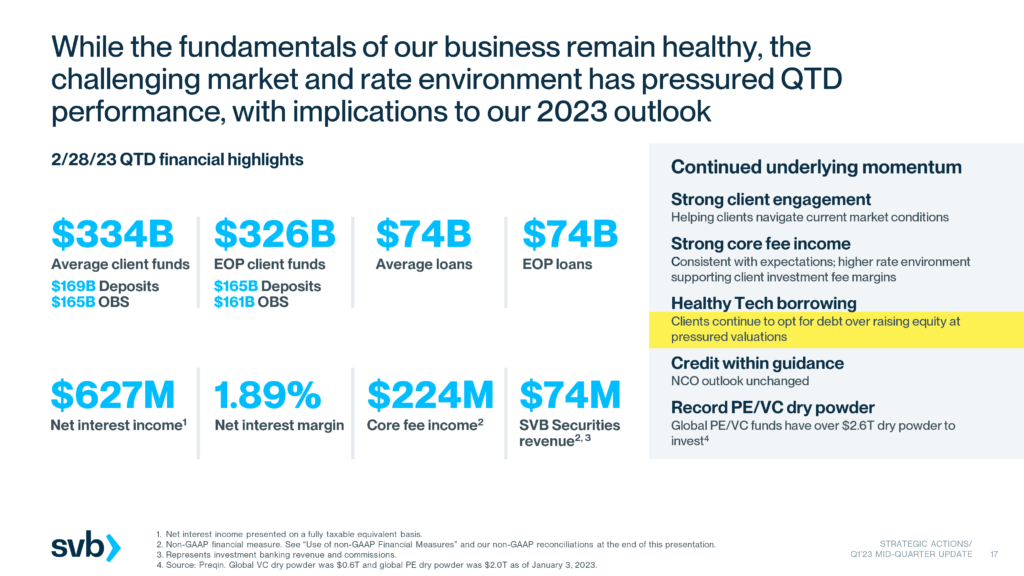The VC data bible is out
Our Q2 2021 Venture Report is out and it's 190 pages of data on global venture + Asia, LatAm, Europe and US trends
cbinsights.com/research/repor…
Some key takeaways 👇
Our Q2 2021 Venture Report is out and it's 190 pages of data on global venture + Asia, LatAm, Europe and US trends
cbinsights.com/research/repor…
Some key takeaways 👇
2/ 136 new unicorns
in 1 quarter!!!
An absolutely gigantic quarter for unicorn births
Aren't unicorns supposed to be rare?
Quick - someone come up with a new name
in 1 quarter!!!
An absolutely gigantic quarter for unicorn births
Aren't unicorns supposed to be rare?
Quick - someone come up with a new name

3/ $156.2B invested in the quarter
The biggest quarter for VC in the history of the universe
Yes - let the bubble takes begin
BTW, I think all those takes are wrong
The biggest quarter for VC in the history of the universe
Yes - let the bubble takes begin
BTW, I think all those takes are wrong

4/ Of course, with global venture increasing, the USA was also up
The first half of the year for the US was a record as well
The first half of the year for the US was a record as well

5/ Valuation inflation?
Maybe
But it's competitive out there
The median Series A deal valuation in 2021 sits at $42M
Maybe
But it's competitive out there
The median Series A deal valuation in 2021 sits at $42M

6/ There is no hotter sector than FinTech
$30B invested into fintech in the quarter
or 1 of every $5 venture dollars
wild
$30B invested into fintech in the quarter
or 1 of every $5 venture dollars
wild

7/ There were 390 venture rounds of $100 million+ in Q2
The "private IPO" is pretty common these days
The "private IPO" is pretty common these days

8/ The one big market that saw a funding decline was China which dropped 18% from its all time high
But remember, this is an 18% drop from an all-time high
Tons of innovation and activity still coming out of China
And it will continue to
But remember, this is an 18% drop from an all-time high
Tons of innovation and activity still coming out of China
And it will continue to

9/ 1.26 deals per working day!!
Yes - that is how fast Tiger Global is making investments
Easily led the pack for most active investor in Q2
Yes - that is how fast Tiger Global is making investments
Easily led the pack for most active investor in Q2

10/ The exit environment was also very healthy in Q2 with 2893 exits (M&A and IPOs)
Lots of financial buyers of tech companies + strategics and a healthy SPAC/IPO environment
Lots of financial buyers of tech companies + strategics and a healthy SPAC/IPO environment

Money is flowing everywhere
While the disruption of Silicon Valley talk is always overblown, there is a gargantuan amount of innovation happening everywhere
While the disruption of Silicon Valley talk is always overblown, there is a gargantuan amount of innovation happening everywhere

12/ Lots of rankings and league tables about funding, valuations, exits
Here's the top 10 venture exits of Q2

Here's the top 10 venture exits of Q2


16/ Interestingly, as investors all unicorn hunting, the share of deals to the early stage fell to a 5 year low
Seed investing by the big dogs of venture has generally declined dramatically
Seed investing by the big dogs of venture has generally declined dramatically

17/ The @rabois Effect in Miami has yet to show up in the numbers with $711M invested in Miami cos
For comparison's sake, sunny Chicago saw ~$2B invested in the quarter

For comparison's sake, sunny Chicago saw ~$2B invested in the quarter


19/ Europe also saw $ and deal records
Interestingly, early-stage deals in Europe were 69% of total deals
Suggests good things for the future of the European venture ecosystem
Interestingly, early-stage deals in Europe were 69% of total deals
Suggests good things for the future of the European venture ecosystem

21/ The region with the biggest pop in venture funding was LatAm
$7.2B invested is so much larger than any prior quarter
$7.2B invested is so much larger than any prior quarter

23/ So in summary, Q2 was a gargantuan quarter
Get the full 190 page report here for free
cbinsights.com/research/repor…
Happy reading
Get the full 190 page report here for free
cbinsights.com/research/repor…
Happy reading
24/ I'm seeing lots of takes that this is like 1999 (the infamous dot com bubble)
This is a quick attention-grabbing take which is likely great for clicks but belies a lack of understanding of 1999 vs now
First, yes there are some things that seem similar
Like what?
This is a quick attention-grabbing take which is likely great for clicks but belies a lack of understanding of 1999 vs now
First, yes there are some things that seem similar
Like what?
25/ Similarities
* lots of $ piling into startups
* everyone (not just VCs) wanted a piece of tech
* tech was top of my mind for media
* some 'silly' companies were getting funded at lofty valuations
* lots of $ piling into startups
* everyone (not just VCs) wanted a piece of tech
* tech was top of my mind for media
* some 'silly' companies were getting funded at lofty valuations
26/ Differences
* a lot more enterprise tech/SaaS today vs heavy consumer. It's not eyeball monetization and other nonsense. It's ARR, churn, etc.
* the $ today are going to building product and getting to product-market fit and not racks of servers, colocation facilities, etc
* a lot more enterprise tech/SaaS today vs heavy consumer. It's not eyeball monetization and other nonsense. It's ARR, churn, etc.
* the $ today are going to building product and getting to product-market fit and not racks of servers, colocation facilities, etc
27/ More differences
* The money is increasingly going to perceived winners vs speculative early stage cos. Look at the decline in early-stage in this quarter. It's at a 5 year low.
* The money is increasingly going to perceived winners vs speculative early stage cos. Look at the decline in early-stage in this quarter. It's at a 5 year low.

28/ 5% of total rounds are mega-rounds ($100M+) but they account for 58% of $
So when folks do these facile comparisons of 1999 $ to 2021 $, it's like comparing an apple to a lawn mower

So when folks do these facile comparisons of 1999 $ to 2021 $, it's like comparing an apple to a lawn mower


29/ Venture is more global than ever
It's also a lot less incestuous than '99 when recycling of investor $ among ad tech, ecommerce, hosting cos was the norm
One toppled and we watched the dominoes fall
There was no Asia, LatAm, Europe VC scene then. Now they're huge!
It's also a lot less incestuous than '99 when recycling of investor $ among ad tech, ecommerce, hosting cos was the norm
One toppled and we watched the dominoes fall
There was no Asia, LatAm, Europe VC scene then. Now they're huge!

30/ Finally, this doesn't mean that there aren't excesses in venture today
Price discipline gone ✔️
Some silly ideas getting $ ✔️
New investor (family offices, HFs/MFs, corps) may be taken for a ride ✔️
All good critiques but let's pls stop with the "It's like 1999" nonsense
Price discipline gone ✔️
Some silly ideas getting $ ✔️
New investor (family offices, HFs/MFs, corps) may be taken for a ride ✔️
All good critiques but let's pls stop with the "It's like 1999" nonsense
• • •
Missing some Tweet in this thread? You can try to
force a refresh























